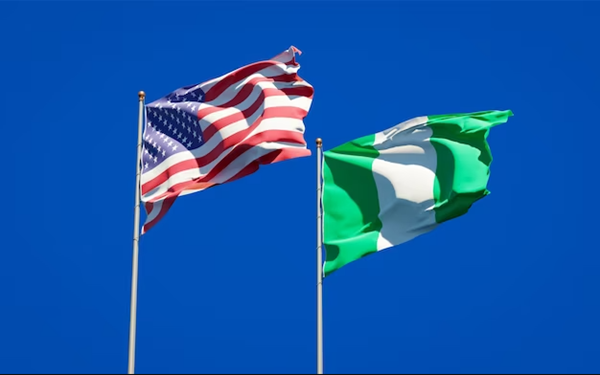
Health experts and stakeholders in Nigeria have expressed concerns that the United States’ withdrawal from the World Health Organisation (WHO) could significantly impact the country’s health sector and global health security.
In separate interviews with journalists on Wednesday in Abuja, they emphasised the potential repercussions. Science Nigeria reports that US President Donald Trump has signed an executive order to initiate the process of withdrawing from WHO.
Upon his return to the White House, Trump remarked, “Oooh, that’s a big one,” as he approved the document, noting that it was one of several executive actions he signed on his first day in office. This marks the second time Trump has attempted to withdraw the US from the WHO. He previously criticised the organisation’s handling of COVID-19 and began the withdrawal process during the pandemic. However, President Joe Biden later reversed that decision.
Carrying out this executive action on his first day in office increases the likelihood that the US will formally leave the global agency. “They wanted us back so badly, so we’ll see what happens,” Trump commented in the Oval Office, possibly alluding to a future return of the US to WHO.
A public health expert, Dr. Daniel Adakole characterised the decision as “a major setback” for global health efforts, especially for low- and middle-income countries like Nigeria. “The WHO is one of the largest facilitators of health programmes in Nigeria, ranging from polio eradication to disease surveillance systems. The US withdrawal means reduced funding, which could destabilise critical interventions, particularly in rural and underserved areas,” Adakole stated.
Nigeria has significantly benefited from WHO-supported programs, including initiatives against polio, malaria, and HIV/AIDS. A pediatrician, Dr. Mercy Takpa highlighted the importance of US funding in strengthening immunisation programmes. “With US support, the WHO played a pivotal role in helping Nigeria eradicate wild polio in 2020. A reduction in funding may hinder ongoing efforts to maintain polio-free certification, address vaccine-preventable diseases, and achieve universal health coverage,” Takpa warned.
She further noted that the Global Polio Eradication Initiative (GPEI), which relies heavily on US contributions to the WHO, is already facing funding uncertainties. “This could lead to a resurgence of diseases we have worked hard to control,” she added.
Additionally, the withdrawal could weaken Nigeria’s capacity to respond to pandemics. A virologist, Dr. Mojisola Akanji commented that this decision comes at a time when global health systems are still recovering from the impacts of COVID-19. “Without the US, the WHO’s ability to coordinate international pandemic preparedness will be diminished. For Nigeria, this means delayed access to critical resources such as vaccines, technical expertise and early warning systems for emerging diseases,” Akanji explained.
Stakeholders focused on maternal and child health have also raised alarms. A retired nurse and maternal health advocate, Mrs. Lydia Dimka pointed out that WHO programmes addressing maternal mortality and child immunisation are vital for Nigeria. “Every year, WHO supports initiatives that save thousands of lives. If funding is cut, we will see worsening maternal and child health indicators, especially in the northeast and northwest regions, where access to healthcare is already limited,” Dimka noted.
An economist, Mr. Danladi Kutara urged African nations to strengthen regional health initiatives to mitigate the potential fallout. He called on Nigeria and the African Union to seek alternative funding sources, stating, “This is a wake-up call for African nations to take greater ownership of health programmes. While the WHO remains a key partner, we must work towards reducing dependence on foreign contributions.”
Meanwhile, the WHO expressed regret over the United States’ decision to withdraw, emphasising its crucial role in global health, including protecting American citizens by addressing diseases and responding to health emergencies. The UN organisation stated that as a founding member since 1948, the US has significantly contributed to and benefited from WHO efforts, such as eradicating smallpox and nearly eliminating polio.
The WHO reiterated its commitment to ongoing reforms aimed at enhancing accountability and impact, urging the US to reconsider its decision and maintain a partnership that benefits the health and well-being of people worldwide.
As the global health community responds to the US decision, stakeholders in Nigeria highlight the importance of proactive measures to safeguard the country’s health sector.

